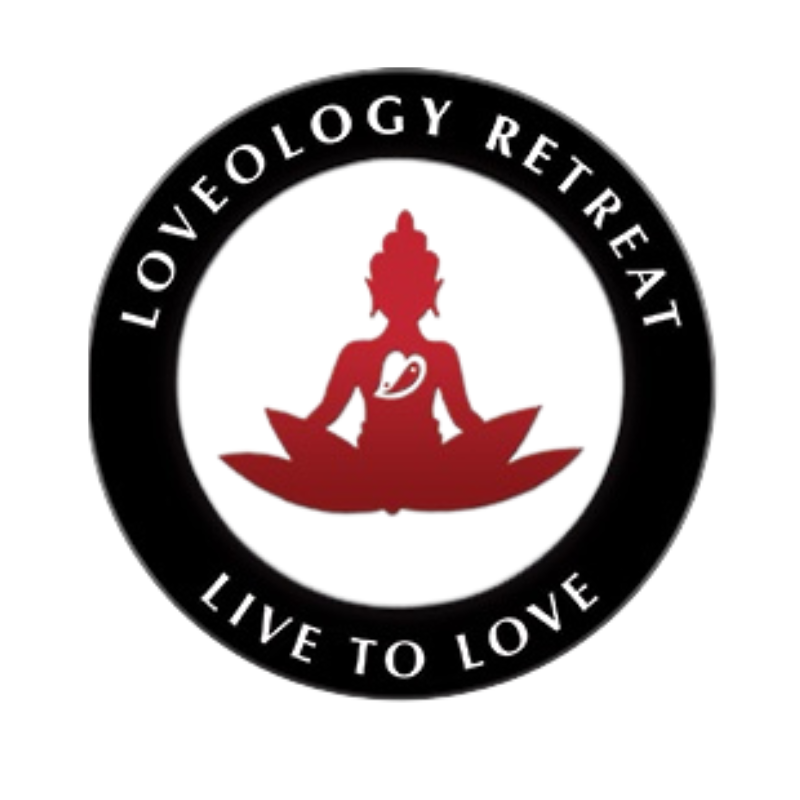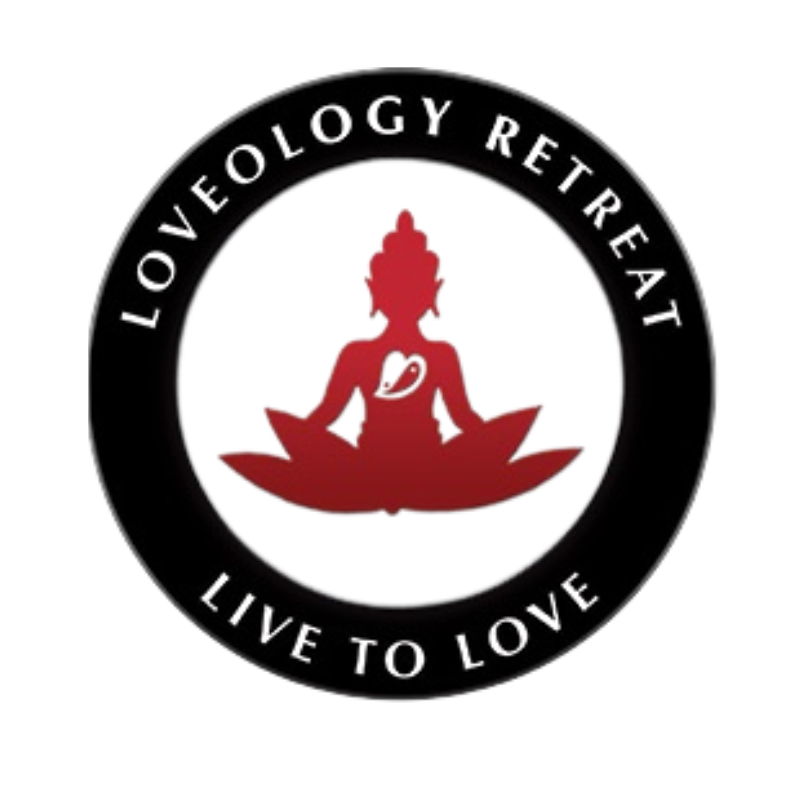Holistic Healing from Loss & Abuse
“Life throws us curveballs. Loss, abuse, and trauma can leave us feeling broken, lost, and unsure of how to move forward. This blog post dives deeper into the concept of holistic healing, offering tools and resources to help you mend your mind, body, and spirit on your personal journey towards wholeness.”
Understanding the Impact
Loss and abuse can leave deep scars. They might manifest as emotional turmoil, physical discomfort, or a disconnect from your sense of self. It's important to acknowledge the impact these experiences have had on you. Here are some ways to approach this:
Journaling: Writing down your thoughts and feelings can be a powerful tool for self-discovery and emotional release. Allow yourself to express everything, both the good and the bad.
Body Scans: Taking a few minutes to focus on your physical sensations can be a way to connect with your body's messages. Notice areas of tension, tightness, or discomfort, without judgment.
Mindfulness Practices: Techniques like meditation can help you observe your thoughts and feelings without getting caught up in them. This can allow you to become more aware of patterns and triggers.
Exploring Holistic Healing Practices
Holistic healing addresses the interconnectedness of mind, body, and spirit. Here are some ways to nurture each aspect:
Mind: Cognitive Behavioral Therapy (CBT) can help reframe negative thought patterns, while mindfulness practices can cultivate inner peace and reduce stress.
Body: Movement therapies like yoga or dance can help you reconnect with your physical self in a safe space. Other options include acupuncture, massage, or spending time in nature.
Spirit: Practices like meditation, spending time in nature, or connecting with your spiritual beliefs can foster a sense of purpose and connection to something larger than yourself.
Finding Your Voice: Creative Expression
Creative expression can be a powerful tool for healing. Engaging in art therapy, music therapy, or even expressive writing can provide a safe outlet for processing difficult emotions and memories. These activities can also help you reconnect with your inner creativity and joy.
Building a Support System
Healing is rarely a solitary journey. Surrounding yourself with supportive people can make a world of difference. Consider these options:
Therapy: A qualified therapist can provide a safe space to process past experiences and develop healthy coping mechanisms.
Support Groups: Connecting with others who understand your experiences can be a source of strength, validation, and shared wisdom. Support groups can also help you feel less alone.
Building Healthy Relationships: Nurture connections with supportive friends, family members, or even a trusted pet. These relationships can provide love, acceptance, and a sense of belonging.
The Importance of Self-Compassion
Healing is not linear. There will be good days and bad days, setbacks and breakthroughs. Be patient with yourself and practice self-compassion throughout the process. Here are some ways to cultivate self-love:
Positive Self-Talk: Challenge negative thoughts and replace them with affirmations of self-worth and strength.
Celebrate Your Victories: Acknowledge your progress, no matter how small. Every step forward is a step closer to healing.
Set Realistic Goals: Don't try to do too much too soon. Set achievable goals and focus on small wins.
Additional Resources
This blog post is just a starting point. Here are some additional resources to support your healing journey:
Books: Dr. Ava Cadell's "Healing From Loss & Abuse" offers a comprehensive guide.
Websites: The National Sexual Assault Hotline (https://www.rainn.org/), The National Center for PTSD (https://www.ptsd.va.gov/), and The American Psychological Association (https://www.apa.org/) offer valuable information and resources.






